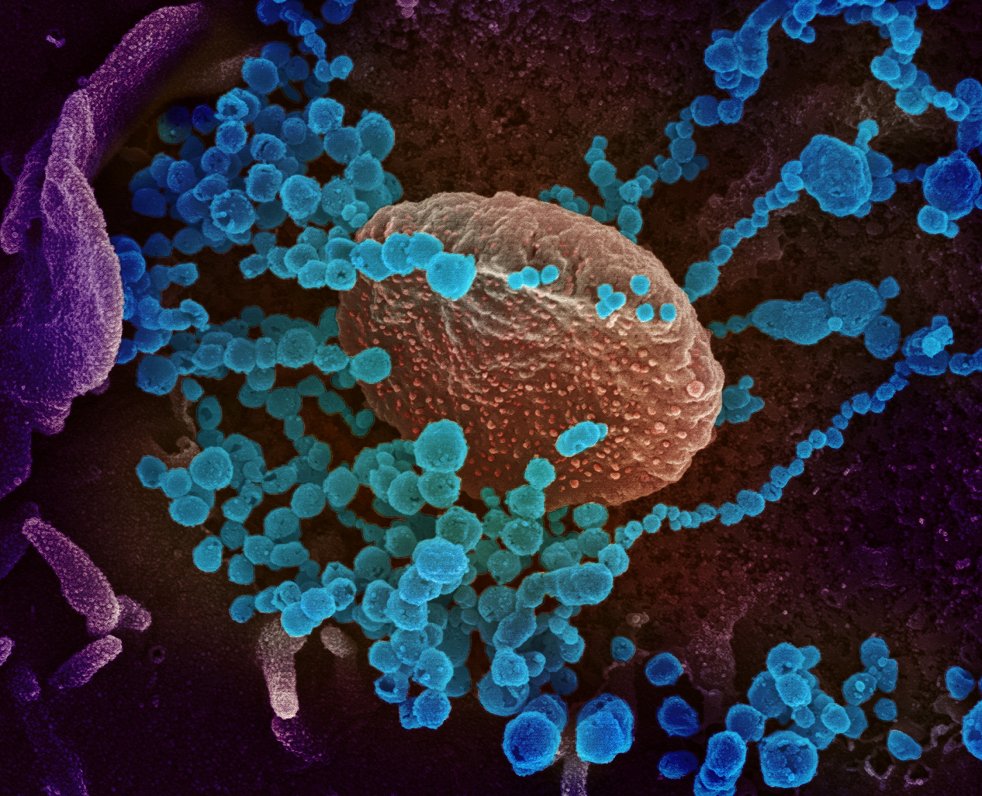That brings the total number of people tested so far to 114, SPKC added.
Pēdējā diennaktī izmeklēti 17 pacienti, lai noteiktu COVID-19, visi rezultāti negatīvi. Līdz 2.03.kopumā izmeklēti 114 pacienti.
— SPKC.gov.lv (@SPKCentrs) March 2, 2020
The SPKC also reminded employers about its recommendations for stopping the potential spread of the coronavirus in the workplace from employees who might have been in areas with a large number of infections.
"If the employer is concerned that the employee may pose a risk to the health of other employees and clients, the provision of telework or home work can be considered as an additional measure," it recommended - though there is no obligation to do so and there has been plenty of online debate in Latvia concerning whether workers would be likely to report symptoms if it might potentially mean 14 days without pay from an uncooperative employer.
There are also recommendations for public transport companies and organizers which suggest "thorough and regular wet cleaning of public transport with household disinfectants" with "special care taken to clean all surfaces that are exposed to a large number of passengers' hands".
However, face masks to protect public transport drivers from possible Covid-19 infection are not recommended "as they do not protect against infection but create a false sense of security."
"The most effective measure to limit the spread of COVID-19 infection in public transport is to inform passengers of the following precautions" the SPKC says, reminding people not to go to public places and public transport with coughs, runny noses, sore throats, high body temperature and other symptoms; to cover the mouth while coughing and sneezing and to regularly wash hands and any other surfaces (such as smartphone screens) that might also have come into contact with the virus.
Meanwhile the Health Ministry has published its daily coronavirus bulletin [attached, in Latvian only] giving much of the same information.
Following a third meeting of the Crisis Managment Council on Monday morning, Prime Minister Krišjānis Kariņš confirmed again that no positive tests had yet been registered and thanked healthcare professionals for their efforts during the current period of intense work and underlined that anyone who has visited infected areas and starts to feel unwell should call 113, not visit their family doctor.
"People should also consider whether travel is really necessary," Kariņš added, saying "We strongly advice against travelling to those affected regions where this virus ha already been spread quite widely among the public. That includes China, Japan, South Korea, Iran and regions of northern Italy".
He advised people to check the Health Ministry bulletin [attached above] for more information and said that also children of people who had returned from affected areas should not be sent to school for two weeks. In addition, people working in the healthcare and education sectors who have been to affected areas should take a two-week sicknote as a precaution to prevent possible contagion, Kariņš said.
Health Minister Ilze Viņķele added that people working in care homes or other social care facilities should also take a two-week quarantine break from work if they had visited affected areas.



























